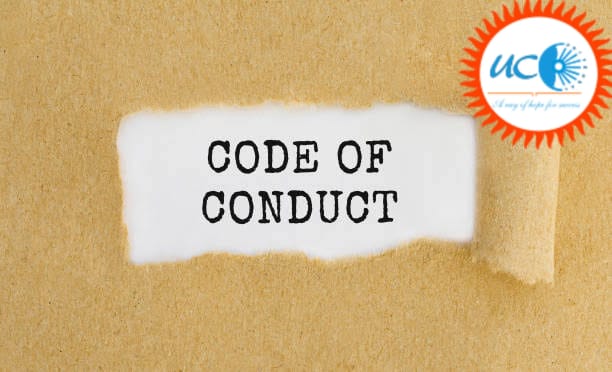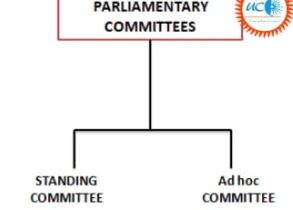People-Centric Governance
Q. A code of conduct for members of the legislature holds the key to good, people-centric governance. The need of the hour is to evolve a consensus on the code of conduct for the elected representatives to ensure that people do not lose faith in our democracy. Discuss.
Recently Vice President, Venlcaiah Naidu also called for code of conduct for MP’s and MLA’s and it is the need of the hour as some MP’s and MLA’s keep using unparliamentary language and do things which degrade the stature of Parliament. Code of Conduct is a set of rules that members of an organization or people with a particular job or position must follow.
Code of Conduct: Evolution
- In the case of MPs, the first step was the constitution of Parliamentary Standing Committees on Ethics in both the Houses.
o The Committee in Rajya Sabha was inaugurated in 1997 to oversee the moral and ethical conduct of the Members and to examine the cases referred to it with reference to ethical and other misconduct of Members.
o The first Ethics Committee in Lok Sabha was constituted in the year 2000. Need for common Code of Conduct:
- Set Standards for society: Ina democratic setup, the common Code of conduct helps members of parliament in raising the level of professionalism into politics, while on the other hand by allowing for clear benchmarks against which civil society and the public can judge parliamentary conduct.
- Build trust and confidence: The code of conduct outlines general principles of behaviour which the Assembly expects of its members. By adhering to these standards members can maintain and strengthen the openness and accountability necessary for trust and confidence in the Parliamentary Assembly.
- Changed time: Previously any uncouth remark was expunged from proceedings of the house and hence couldn’t be published in news media, so people didn’t come to know. But in present technology age, these remarks or behaviour can be seen by everyone.
- Poor present behaviour of legislators: A code of conduct for legislators is absolutely essential at this point of time, when coalition Governments mean increasing and more intense activity within the walls of the legislatures. The behaviour of parliamentarians is seen by the whole country and it impacts the legitimacy of the institution of parliament. Hence to hold parliamentarians accountable the code of conduct is a must.
- Benefits are already visible: Codes of conducts have already proven to be beneficial in introducing a healthy
debate on ethical standards and integrity within national parliament and among their members.
International Examples
- The Canadian House of Commons has a Conflict of Interest and Ethics Commissioner with powers to examine violations of the Conflict of Interest Code at the request of another Member or by Resolution of the House or on his own initiative.
- Germany has had a Code of Conduct for members of the Bundestag since 1972.
- The USA has a Code of Conduct in place since 1968.
Way Forward:
- Prohibit MPs from misusing the power and immunities they get.
- An MP should avoid conflict between a private and a public interest. No parliamentarian should be allowed to vote on those questions in the House, in which he/she has a vested interest.
- Amend the Constitution to ensure a minimum of 110 days of sitting in a legislature having more than 100 members, and 90-50 days of sitting in Houses with less than 100 members depending on the size of the State involved.
- The filing by legislators of a statement of income, assets and liabilities. and an indication of changes in these figures over time.
- Punishment of members by admonition, reprimand, censure or withdrawal from the House in case of violations or breach of the code of conduct.
Codes of conduct cannot in themselves guarantee ethical conduct of members of Parliament and be able to achieve substantial results against corrupt behaviour. Indeed, the effectiveness of such instruments depends eventually on the way in which their provisions are debated, updated, observed and applied, and by the responsible commitment members of parliament decide to put into these outlined sets of principles.








